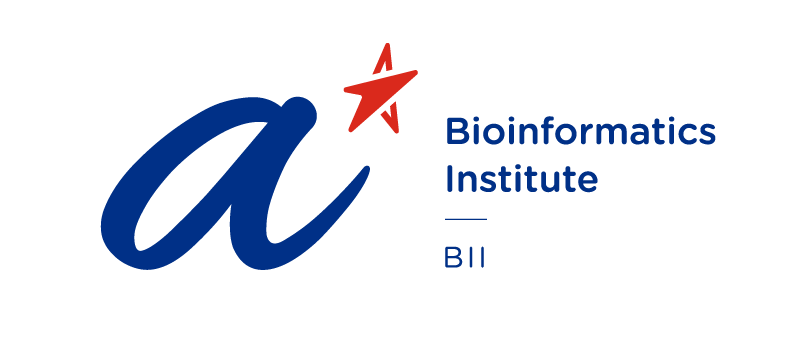Yogarajah T
Flavivirus genome recoding by codon optimisation confers genetically stable in vivo attenuation in both mice and mosquitoes
The mosquito-borne flaviviruses such as dengue virus (DENV) and Zika virus (ZIKV) have established themselves as major human pathogens. Live attenuated vaccines are seen as the most effective method for preventing flavivirus infection. Flavivirus genome recoding has emerged as a next-generation vaccine development method that acts by rewriting the flavivirus genome. Previous flavivirus genome recoding attempts were based on deoptimising the flavivirus genome. However, these deoptimised flaviviruses were found to be attenuated in a species dependent manner. For example, deoptimised DENV and ZIKV did not demonstrate attenuation in mosquito cells or mosquito animal models, which is undesirable because these mosquito-borne flaviviruses should be attenuated in their mosquito vector to prevent vaccine escape. To overcome these limitations, we adopted a flavivirus genome recoding approach based on the contrary approach of optimising the flavivirus genome and applied it to DENV2 and ZIKV. We found that this genome recoding approach of codon optimisation could confer attenuation in both mouse and mosquito animal models. This indicates that our flavivirus genome recoding approach may be used as a reliable method to construct attenuated vaccine backbones for the mosquito-borne-flaviviruses in general.
Read